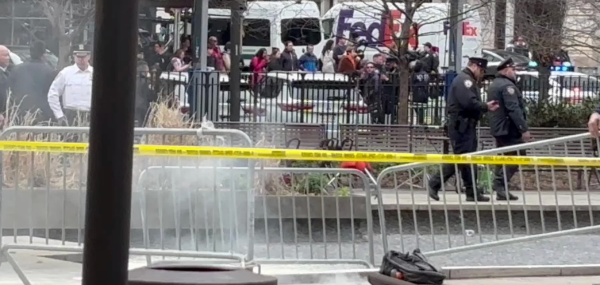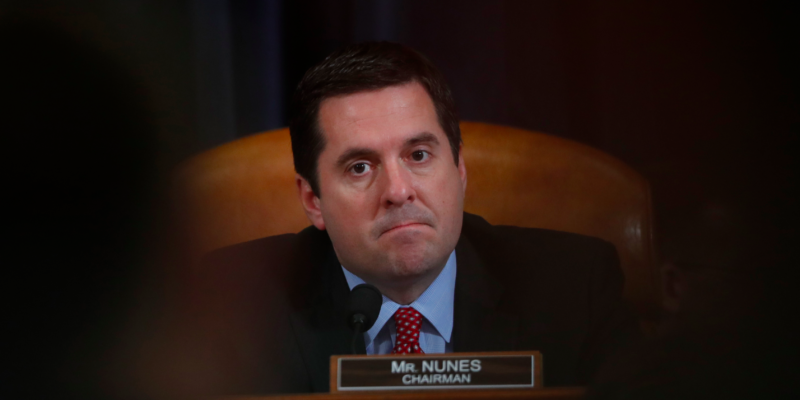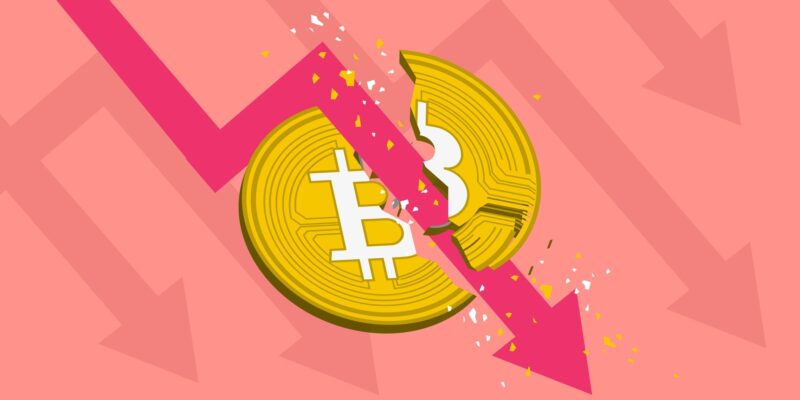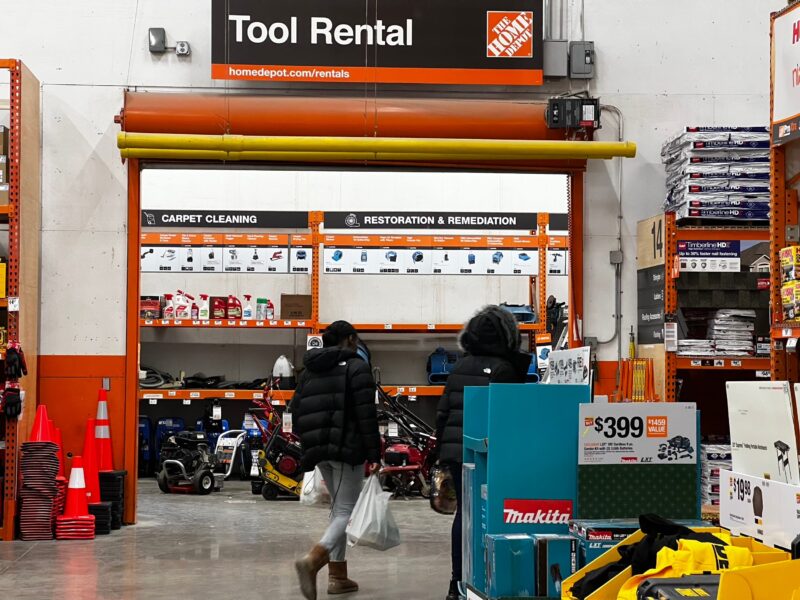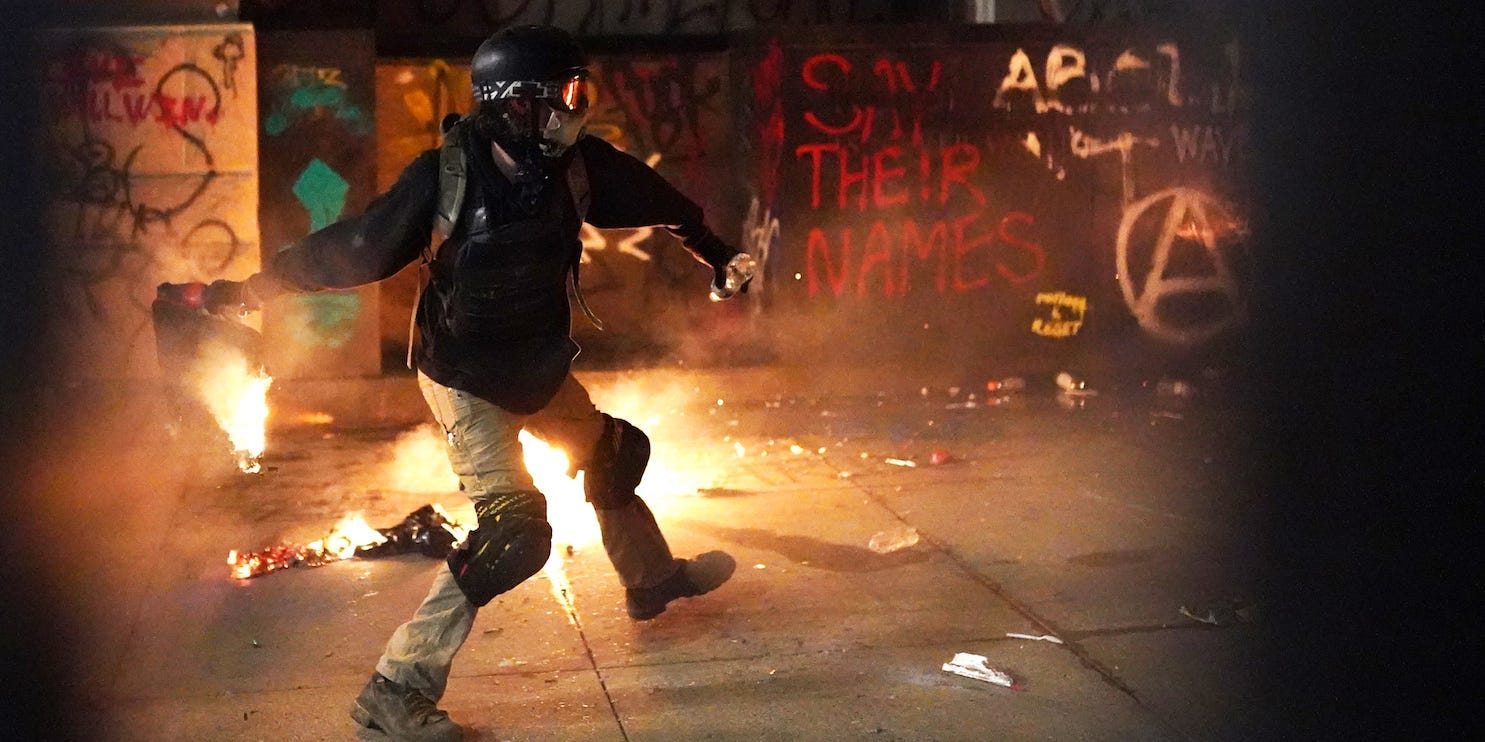
Nathan Howard/Getty Images
- We’re in an overcautious moment when it comes to criticizing incidents of violence and property destruction when they’re even tangentially related to the protests against police brutality and racism.
- The protest movement is righteous, and protesters deserve respect. But opportunists and violent vigilantes should not be conferred undeserved legitimacy by being conflated with “protesters.”
- Demonstrators who act like bad cops hurt the cause. And not making clear distinctions between protesters and vigilantes plays right into Trump and the “law and order” brigade’s hands.
- This is an opinion column. The thoughts expressed are those of the author.
- Visit Business Insider’s homepage for more stories.
When an innocent man — pulled from his car and held prisoner in the middle of a Portland street by a mob — was kicked in the head from behind and knocked bloodily unconscious, that’s a criminal and sadistic act. It should be plainly, unambiguously described as such.
It doesn’t matter if one of the perpetrators yelled a slogan related to a protest movement rooted in a righteous cause. It’s an unjustifiable act of violence, unworthy of the word “protest.” But the Washington Post still identified the mob as “protesters.”
We’re in an overcautious moment when it comes to criticizing incidents of violence and property destruction when they’re even tangentially related to the protests against police brutality and racism.
But the excessive timidity and conflation are short-sighted and destructive. They’re also insultingly patronizing.
We — the general public, the media, and academia — shouldn’t shy away from denouncing behavior that’s eerily similar to the violence perpetrated by abusive police. Failing to make such distinctions between civil disobedience and rank criminality makes it that much easier for Trump and his “law and order” brigade to equate every peaceful protest with every burned-down storefront.
And if polls showing eroding support for Black Lives Matter are any indication, not clearly defining what is part and not part of the movement for racial justice can erode popular support for its just causes.
Police brutality won't be ended by "protesters" acting like bad cops
In June, protesters created a police-free "autonomous zone" in downtown Seattle. It had been described in the press as having a "block-party atmosphere."
But a not insignificant number of people who live and work within that area — including members of marginalized communities — didn't feel like it was a party, or even a cop-free zone. Rather, they described being barred from leaving or entering without the permission of armed, mostly white young men.
They were generally referred to as "protesters" in the media. More accurately they could be described as brutish cops, or perhaps militia members, exercising their self-declared authority.
Looting has been occuring at such a scale in Chicago that for weeks Mayor Lori Lightfoot has regularly ordered the city's bridges raised to limit access to downtown. Lightfoot said of the disturbances, "This is not legitimate First Amendment-protected speech. These were not poor people engaged in petty theft to feed themselves and their family … This was straight up felony criminal conduct."
But there's still some pause about calling the destruction and theft "looting." ProPublica Illinois went with "an outbreak of property destruction and unrest."
In Portland this August, a group of people hanging out outside a 7-11 robbed and beat a trans woman, then turned their attack on an unarmed man, Adam Haner, who stepped in to defend her. By the time the incident was over, Haner had been falsely accused by the crowd of trying to run people over, chased, held captive in the street, then beaten unconscious to the point he was bleeding profusely out of the back of his head.
Adam Haner's girlfriend, Tammie Martin, was also beaten.
"They kept calling me names calling me a white supremacist [expletive]. You have a boyfriend that's a white supremacist and saying you're a loser I hope your boyfriend dies," Martin told KPTV-Oregon.
Though the people who nearly beat her boyfriend to death infrequently used the same slogans and rhetoric as Black Lives Matter protesters, Martin says they didn't appear to have anything to do with the BLM protest that was taking place a few blocks away.
The Washington Post's headline reporting this incident read: "Man seriously injured in attack after crashing his truck during Black Lives Matter protest in Portland."
But they weren't protesters, they were bullies, the bad cops of that block. They didn't put their bodies on the line in defiance of authority, they sought out the weakest marks available and used violence to demonstrate their own authority.
Independent journalist Nancy Rommelmann, until recently a long-time resident of Portland, has been covering the civil unrest in the City of Roses which has been going on nightly for more than three months straight. She's experienced first-hand the inherent conflict in trying to provide straight reporting on events so fraught with socio-political consequences.
"When you call them protesters, you get some people shouting, "You're calling violence protest!' When you call them rioters, you get different people saying, 'You don't support people being able to say what they want to say,'" Rommelmann told me.
Sometimes it's truly a tough call to make the distinction. Peaceful protests have been marred by fringe groups taking advantage of the crowds to loot and riot, without the support of the vast majority of protesters.
But in the aforementioned cases in Seattle, Chicago, and Portland — it's harder to justify not making a forceful distinction between vigilante violence and protest.
Failing to call violence by its name makes it that much easier for critics of the protests against racism and police brutality to twist the message and paint all demonstrations as violent — which is precisely what Trump and many Republican National Convention speakers attempted to do last month.
You can't win justice by brute force alone
There are those who feel it is wrong to criticize violence and destruction committed by members of marginalized groups in the name of their cause. Some feel even using the word "violence" is beyond the pale.
While fires burned in Minneapolis in the wake of George Floyd's killing, New York Times Magazine writer and "1619 Project" creator Nikole Hannah-Jones acknowledged that it's "disturbing" to "see people taking property from stores" and "property being destroyed." But she argued it's immoral to describe such things — typically described as looting and rioting — as "violence."
"Violence is when an agent of the state kneels on a man's neck until all of the life is leached out of his body. Destroying property, which can be replaced, is not violence," Hannah-Jones said.
That's true to a point. Murder is the most heinous violence. And when such violence is committed by an agent of the state on an unarmed person, it's about as morally indefensible as the act of taking a life gets. But a cop committing murder isn't the only thing that can correctly be condemned as violence.
Many also argued around that the burned-down Minneapolis storefronts were of little consequence. Insurance would cover it, the theory went.
It shouldn't be terribly surprising to learn that is not the case. The vagaries of insurance policy fine print and bureaucratic red tape are leaving many small businesses permanently destroyed.
Is that not violence, or at the very least, a tactical and moral dead-end for a protest movement seeking justice, equity, and accountable authority?
Might doesn't automatically make right. That's one of the lessons that should have been learned already through the criminal justice reform movement. Whether it's doled out by cops, reactionaries, or protesters, brute force doesn't automatically serve justice.
Violence should not automatically be assumed to be a political act, and legitimizing vigilantism by calling it "protest" sets a terrible precedent.
Bad cops are a scourge, their behavior shouldn't be emulated by demonstrators, nor should it become tacitly excused by the rest of society.
- Read more:
- Culture war is over (if you want it)
- The Harper's 'letter' proves we need to have a serious talk about free speech
- The leftist case for free speech as a tool for justice
- Zero tolerance cancellations won't create a more just society






